Trump’s Iran sanctions hit India
India may end up being the unintended victim of renewed U.S. sanctions on Iran. It will push up the price of oil and cost India billions of dollars annually
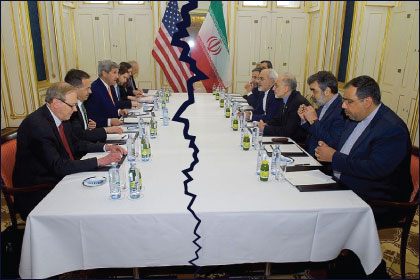 Courtesy: Gateway House
Courtesy: Gateway House
India may end up being the unintended victim of renewed U.S. sanctions on Iran. It will push up the price of oil and cost India billions of dollars annually
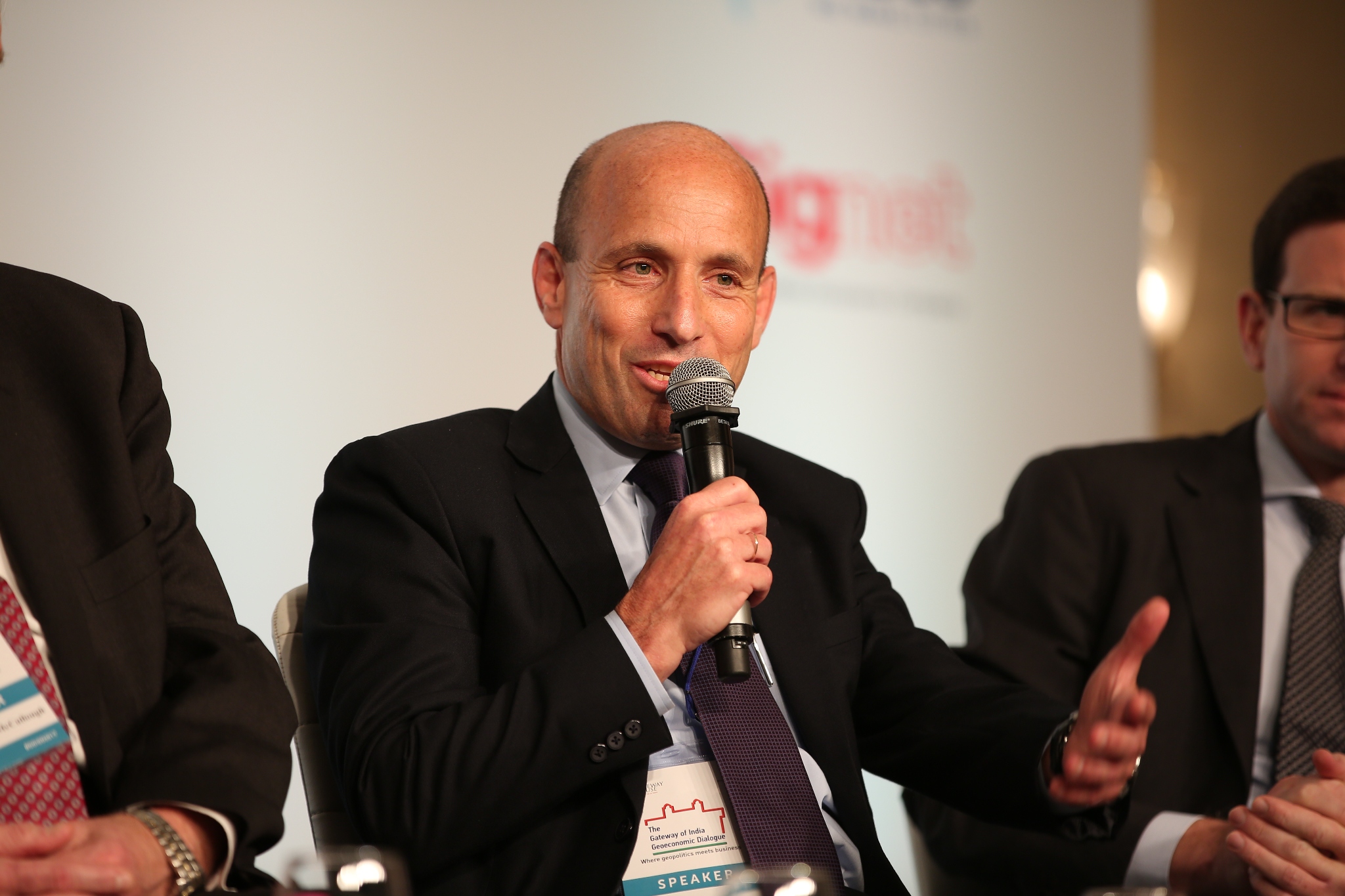 Courtesy: Gateway House
Courtesy: Gateway House
In his interview, Rear Admiral (Retd.) Ophir Shoham discusses Israel’s liberal cybersecurity policies and the high levels of export in the cybersecurity sector. According to him, transfer of technology is imperative for Digital India, as for a country to become digital, Infrastructure is most important which is protected by cybersecurity. In the defence space, he mentions the close relationship India and Israel share despite it being a sensitive area. He prescribes a collaboration between the two countries to build weapon systems that they can use to customize defense equipment for the Indian defense system and the Israeli defense system.
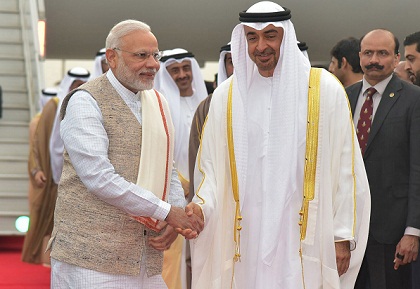 Courtesy: MEA flickr
Courtesy: MEA flickr
The choice of the Crown Prince of the United Arab Emirates (UAE) to be the chief guest at India’s 2017 Republic Day celebrations is an indication of the enhanced attention that the Indian government is according the Gulf countries. Many trade interests ally India to the UAE, but a deeper engagement is called for even as instability grows in the region
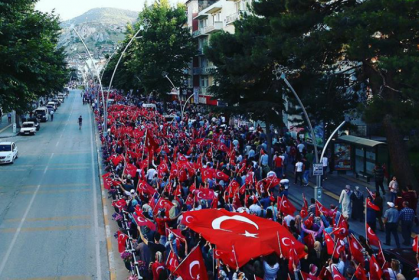 Courtesy: Wikipedia
Courtesy: Wikipedia
The attempted coup on July 15 in Turkey as well as its aftermath have irreparably dented President Erdogan’s international image and impacted Turkey's standing as a democratic state, a military power, a NATO member, an EU aspirant, and an emerging economy. This downtrend is unlikely to be reversed in the near future and the country is in for an extended period of instability
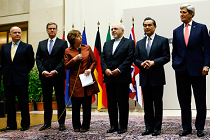 Courtesy: RT.com
Courtesy: RT.com
Talks are on in Vienna between Iran and the P5+1 to reach a settlement on Iran’s nuclear programme. The self-imposed deadline expires on July 20. However, with the U.S. insisting that Iran cut back on operational centrifuges any possibility of a comprehensive solution in the near future seems remote
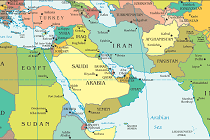 Courtesy: Wikipedia.org
Courtesy: Wikipedia.org
The rise of the militant ISIS will alter the stability and future of all West Asian countries, and can impact India in multiple ways. India must re-evaluate its West Asia policy, and address the safety of its nationals in Iraq, the security of its oil supplies, and the fallout on South Asia of this resurgence of strife
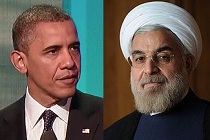 Courtesy: Wikimedia Commons
Courtesy: Wikimedia Commons
The P5+1 negotiations with Iran, mostly a Washington-Tehran affair, may be a means to a complex and ambitious end: a new strategic and energy equation in Southwest Asia. U.S. President Barack Obama’s recent State of the Union address indicates that to reach this goal, the U.S. is steering away from war to diplomacy
 Courtesy: U.S. Department of Defense
Courtesy: U.S. Department of Defense
An important take-away from the preliminary pact reached by Kabul and Washington is that unlike the 1990s, the Americans are not just packing their bags and leaving. This is good news in terms of regional stability, and the upcoming NATO summit may answer some questions this draft agreement raises.
The scope for any process on nuclear talks with Iran to founder on distrust, misunderstanding and political in-fighting in both Tehran and Washington remains formidable. Equally disturbing are the wider political realities. Can the upcoming talks in Istanbul launch a process that can, over time, lead to agreement?
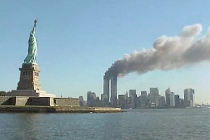 Courtesy:
Courtesy:
A decade after 9/11, the U.S. has prevented further terrorist attacks - a major achievement. But with a $1.3 trillion budget deficit, a debt downgrade, and 24 million Americans searching for jobs, the U.S. needs to attend to matters at home rather than intervening in the world's affairs.